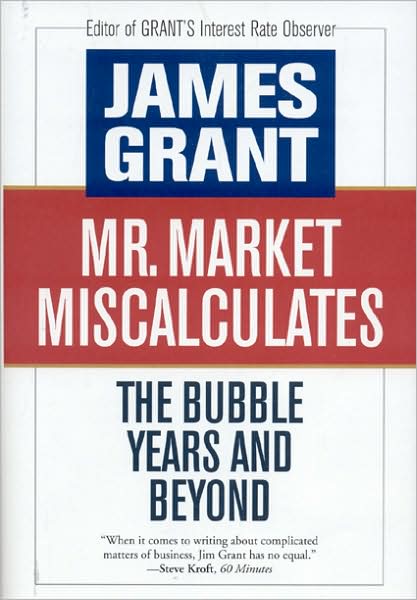Questions and Answers
This may become a series, but I’m going to post some questions I have been asked, and the answers that I gave.? Anyway, here goes:
Has anyone prepared a summary of US Treasury bonds, say five years ago and now and looked at average maturity, etc.
GE was taken to task by the investment community in 2002-03 for using very short term money to fund long term lending/capital needs.? Was the investment community right?
Where is the US government right now ? Are they playing the short end of the maturity ladder, if so what could be the reasons why and what are the implications for the investment community?
Thanks for all of your insight.
This is a graph of the average maturity in months of the marketable portion of US Government debt.? Reagan really lengthened the debt, and Bush, Jr. shortened it.? (Just another bad legacy for that economic liberal, Bush, Jr.)? The most notable aspect of that was the elimination of the 30-year bond in 2001, and its subsequent reappearance in 2006.? The Obama Administration is not a known quantity in these matters yet.
The sharp drop from June 2008 to September 2008 I believe is due to the creation of a lot of short-dated debt that was given to the Fed to allow it to grow its balance sheet.
With respect to GE, yes, the lending community was right.? Prudent borrowers match assets and liabilities.? I recently criticized GE for borrowing with too much short-term debt for their finance arm.? As it is, GE has had a wild ride in its stock price, dipping below six this year.? Without the TLGP, who knows?? GE might have had to send GE Capital into insolvency.
In general, I have been an advocate of lengthening the maturity structure of the US government’s debts.? Governments are supposed to try to be permanent; thus they should finance long.? Governments like the generally lower cost of short debt, and so they sometimes finance shorter than they ought to in an effort to save money.? Governments that don’t finance long enough can be subject to runs, such as Mexico in 1994.
I hope the US government takes the opportunity to finance long while it is still cheap to do so.? My guess is that the opportunity gets wasted; not that the average maturity shrinks a lot, but that it doesn’t grow much.
=–=-==–==-=–=-==-=-=–=-==–==-=–==–==-=-=-
What does your husband say about this? Small investors don’t bother?
> http://money.cnn.com/2009/07/29/pf/steve_lehman_federated_investors.fortune/index.htm
This one came to my wife for me.? Quoting from the article, my response was:
>>So what’s a retail investor to do? Lehman’s answer: Leave it to the pros. “It’s never been more difficult [to invest],” he says, “and it will remain more challenging than ever. Unless someone really has a flare for investing and enjoys doing it, I would say don’t waste your time.”<<
Small investors should probably use low cost index funds and vanilla Exchange Traded Funds.? That will lower their costs, which will raise their returns.? It is rare for outperformance to persist in funds management, particularly as the funds under management for any manager grows.? There are some value managers that are worthy of being invested in over the long haul for equities, and if you want a list, I will provide one.
David
PS — to the editors at Money — “flare” s/b “flair”
=-=-=-=-=-=-=-=–==-=-=-=-=-=-=-=-=–==-=-=-=-=-=-
We have a certificate of deposit that we are cashing out and are wondering if buying some gold would be a better way to protect our savings? Considering the way the government is spending money, it seems the only way to be safe from the inflation that is coming.
This is a tough one. A lot depends on whether the government inflates their way out of this or not. I almost think they have to, but they could have done it in the Great Depression/WWII, and did not. They raised taxes, and the best investment was government bonds for a long while.
This situation is probably different. Gold will preserve purchasing power over the long haul, but it rarely does more than that. Sometimes, that’s the best you can do.
-==-=-=-=–=-=-=-==–==-=-=-=-=-=–==-=-=-=-=-=-=-=-=-=-=-=-=-
I don’t have a good place to post this last bit, so here it goes: here is a recent audio interview of me. I only wish we had focused more on investing topics. For those interested, I had my notes in front of me, which cited a number of my articles.
Full disclosure: I don’t own any gold, aside from my wedding band.



